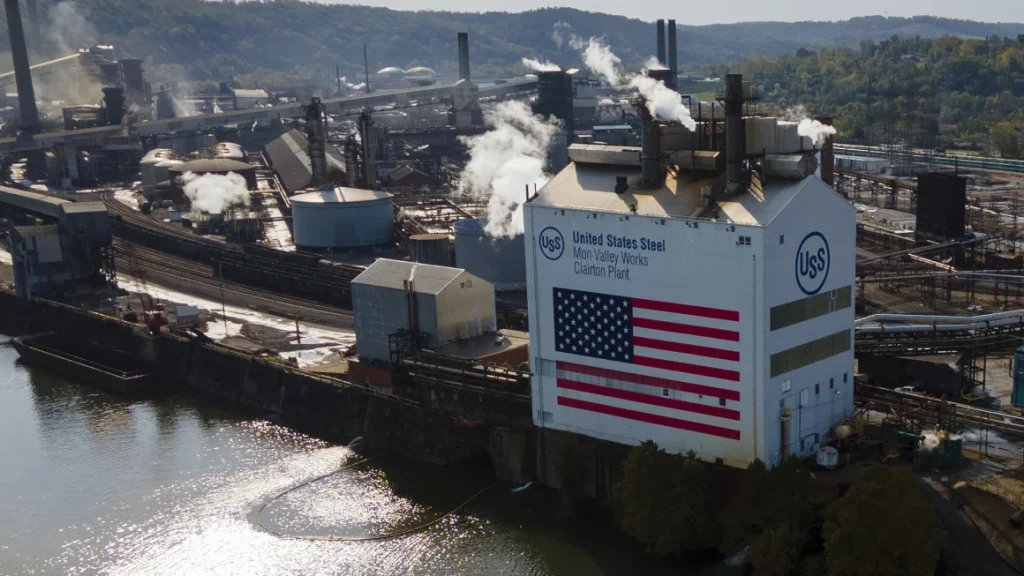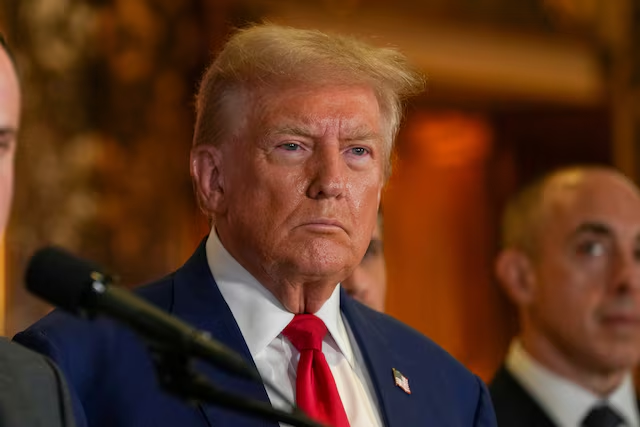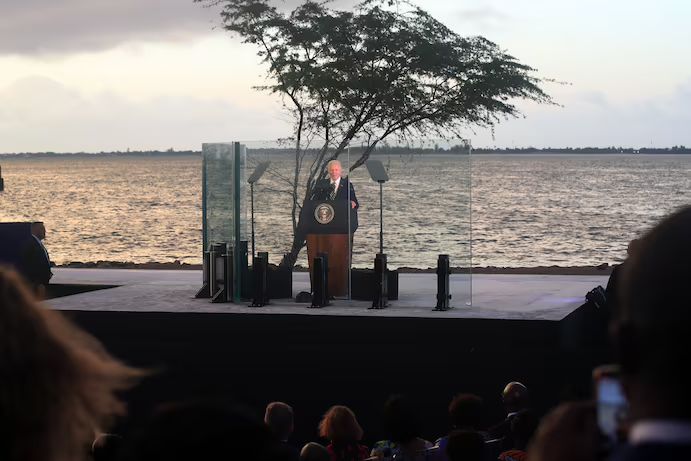US Steel and Nippon sue Biden administration, Steelworkers union and Cleveland-Cliffs over their blocked merger

In a dramatic turn of events, U.S. Steel and Nippon Steel have filed a lawsuit against the Biden administration, the Steelworkers union, and Cleveland-Cliffs over the blocking of their proposed merger. The lawsuit comes after months of regulatory scrutiny and opposition from key stakeholders who argue that the merger would lead to reduced competition in the steel industry and potentially harm workers. This legal battle reflects the ongoing tensions between corporate interests, labor unions, and the government’s role in regulating industry consolidation.
The Blocked Merger
The merger, which was first announced with much fanfare, sought to combine U.S. Steel, one of the largest steel manufacturers in the United States, with Nippon Steel, Japan’s leading steel producer. The goal of the merger was to create a more competitive global entity capable of better addressing the challenges of the steel market, including fluctuating demand, tariffs, and the increasing shift toward environmentally sustainable production methods.
However, the proposed deal faced significant opposition from various quarters. The U.S. Steelworkers Union, which represents thousands of employees across the steel industry, strongly opposed the merger, arguing that it would lead to job losses, reduced wages, and a decline in working conditions. The union contended that consolidating two major steel producers would create an imbalance of power that would ultimately harm both workers and consumers.
The Biden administration also weighed in on the merger, with officials from the Department of Justice (DOJ) expressing concerns over potential anti-competitive effects. The administration, which has made labor rights a cornerstone of its economic agenda, argued that the merger would reduce competition in an already concentrated steel industry. The DOJ’s scrutiny was centered on the concern that combining two of the largest steel producers in the U.S. would limit consumer choice and increase prices, particularly for businesses that rely on steel for manufacturing and construction.
Cleveland-Cliffs, another major player in the U.S. steel market, also opposed the deal, arguing that it would give U.S. Steel and Nippon Steel an unfair market advantage, potentially stifling competition. Cleveland-Cliffs, which operates a large network of steel plants in the U.S., claimed that the merger would result in a less competitive market for steel products, making it more difficult for other companies to operate.
The Lawsuit
In response to the blockage of their merger, U.S. Steel and Nippon Steel have taken the legal route, filing a lawsuit against the Biden administration, the Steelworkers union, and Cleveland-Cliffs. The plaintiffs argue that the decision to block the merger was not based on sound economic reasoning and that the government’s intervention is an overreach that stifles business growth and innovation. According to their legal filing, U.S. Steel and Nippon Steel assert that the merger would have resulted in a more efficient and competitive steel industry, benefiting consumers and workers in the long run.
The lawsuit contends that the government’s intervention is not only an infringement on free-market principles but also an unjustifiable hindrance to global competition. The plaintiffs argue that, by preventing the merger, the Biden administration is effectively depriving American steel companies of the ability to compete with foreign competitors, particularly in light of rising steel imports from countries like China, which have been a longstanding concern for U.S. steel manufacturers.
The Steelworkers union, which played a significant role in lobbying against the merger, has faced criticism from U.S. Steel and Nippon Steel for allegedly prioritizing labor concerns over economic growth. In its defense, the union argues that protecting workers’ rights, jobs, and benefits is paramount. The Steelworkers union has stated that the merger would likely lead to job cuts and wage stagnation, undermining the bargaining power of workers in the steel industry.
Broader Implications
The legal battle over the blocked merger highlights the complexities of regulating corporate consolidation in industries that are both critical to the U.S. economy and subject to global competition. While the Biden administration has made clear its commitment to supporting labor unions and protecting workers from exploitation, it also faces the challenge of balancing these interests with the broader need for economic growth and competitiveness on the global stage.
For the steel industry, this case is more than just a legal dispute; it is a reflection of the changing dynamics of global trade and the ongoing transformation of American manufacturing. The U.S. steel industry has been under pressure for years, dealing with issues such as overcapacity, international trade policies, and the push toward greener, more sustainable production practices. As companies like U.S. Steel and Nippon Steel explore mergers and acquisitions to strengthen their positions, the government must navigate the delicate balance of encouraging industry growth while ensuring that competition and worker interests are not compromised.
Moving Forward
As the lawsuit progresses through the courts, it is likely to continue fueling debate about the role of the government in regulating mergers and acquisitions. While U.S. Steel and Nippon Steel argue that their merger is in the best interest of both businesses and consumers, the opposition from labor unions and rival companies underscores the competing interests that must be considered when evaluating such significant deals. The case is expected to serve as a pivotal moment in the ongoing discussion about how the U.S. government should approach corporate consolidation in industries critical to national security and economic stability.
The outcome of this lawsuit will not only impact the future of the merger between U.S. Steel and Nippon Steel but also set a precedent for future corporate deals within the steel industry and beyond. As stakeholders on all sides prepare for what promises to be a lengthy and contentious legal battle, the broader implications for the U.S. economy and workforce remain at the forefront of public discussion.
In conclusion, the lawsuit filed by U.S. Steel and Nippon Steel against the Biden administration, the Steelworkers union, and Cleveland-Cliffs over their blocked merger is a significant moment in the ongoing debate about the role of the government in regulating industry consolidation. With competing interests at play, the legal outcome will have far-reaching consequences for the future of the U.S. steel industry and its position in the global market.






